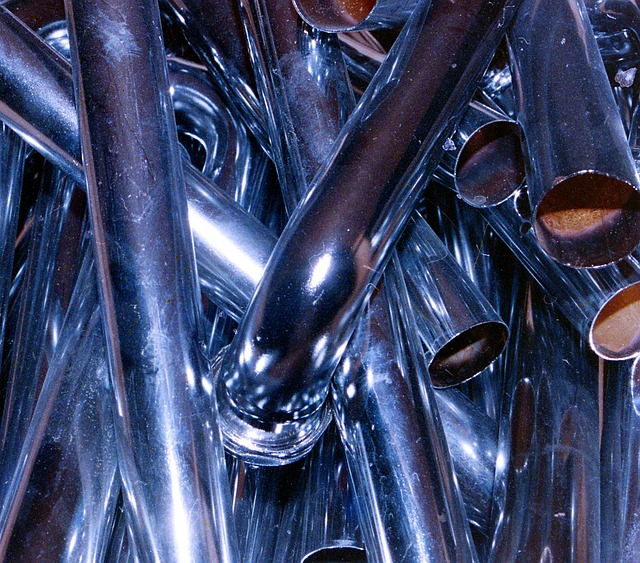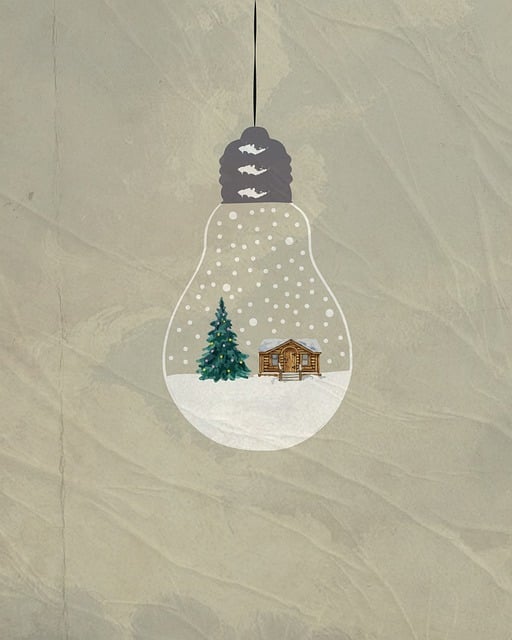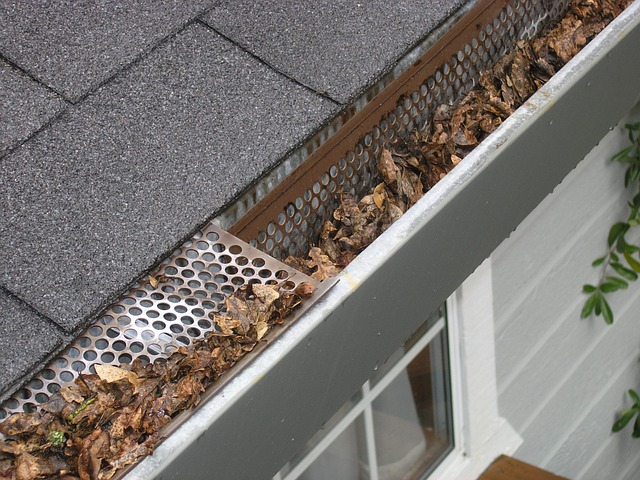Winter leaks in basements are primarily caused by inadequate pipe insulation, leading to frozen pipes and costly damage. To prevent this, regularly check and maintain pipe insulation in vulnerable areas. Identifying potential leak sources, focusing on exposed pipes and older homes, and properly sealing basement windows and doors are crucial steps. By monitoring and maintaining these aspects during cooler months, you can significantly reduce the risk of basement water damage, emphasizing the importance of pipe insulation.
As winter sets in, homeowners must be vigilant about potential basement leaks. This guide delves into the critical aspects of monitoring and preventing these issues. Understanding how cold temperatures exacerbate weaknesses in your home’s infrastructure is key. We explore the role of pipe insulation, a game-changer in sealing off potential entry points for water. By identifying leak sources and implementing effective maintenance tips tailored for cold weather, you can protect your basement from seasonal intrusions.
- Understanding Winter Leaks in Basements
- The Role of Pipe Insulation in Prevention
- Identifying Potential Leak Sources
- Effective Maintenance Tips for Cold Weather
Understanding Winter Leaks in Basements

Winter can be a challenging time for many homeowners, especially when it comes to basement leaks. As temperatures drop, pipes in your home—including those in the basement—are at risk of freezing and bursting. These unexpected leaks can cause significant damage to your property and lead to costly repairs. Understanding the causes of winter leaks is the first step in preventing them.
One common culprit is inadequate pipe insulation. During the cold months, heat from the rest of the house often escapes into the basement, causing pipes to freeze. Insulating pipes properly can prevent this by maintaining a consistent temperature and keeping water flowing smoothly. It’s essential to check your pipe insulation regularly and ensure it’s in good condition, especially in areas prone to freezing temperatures.
The Role of Pipe Insulation in Prevention
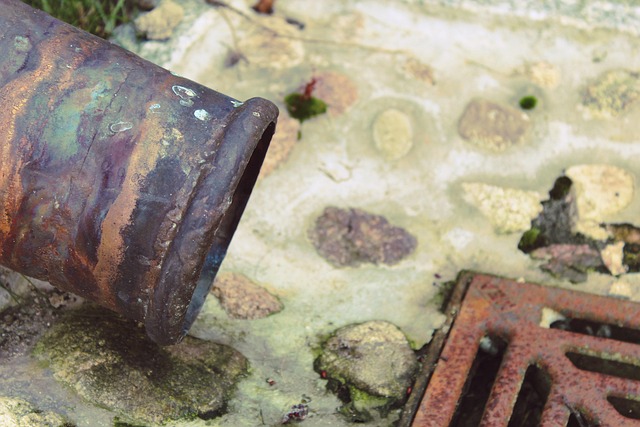
In the chilly winter months, your basement is more than just storage space; it’s a critical area to protect from potential water leaks. One effective measure to prevent these issues is by prioritizing pipe insulation. As temperatures drop, pipes in uninsulated basements are at risk of freezing and bursting, leading to costly damage. Proper pipe insulation creates an extra layer of defense against extreme cold, maintaining the warmth of your home’s plumbing system.
By investing in high-quality pipe insulation, you can ensure that water remains fluid within its pipes, preventing any leaks or bursts. This simple step acts as a shield against winter’s harsh conditions, keeping your basement dry and your plumbing system functioning optimally during the cold season.
Identifying Potential Leak Sources

Identifying potential leak sources is a crucial step in basement water prevention during winter. Common areas to check include pipes, especially those exposed or not adequately insulated with pipe insulation. Older homes may have pipes located near exterior walls, making them susceptible to freezing and subsequent bursting. Insulating these pipes can significantly reduce the risk of leaks. Additionally, consider checking for any signs of moisture on floors, walls, or ceilings, as these could indicate seepage from roofs or windows.
Basement windows and doors are another frequent source of winter leaks. Ensure they are properly sealed and that caulk is in good condition to prevent snow and water from entering. Check for damaged or missing shingles around the roofline and repair any gaps immediately. Regular inspection and maintenance during the cooler months can help keep your basement dry and avoid costly repairs later.
Effective Maintenance Tips for Cold Weather
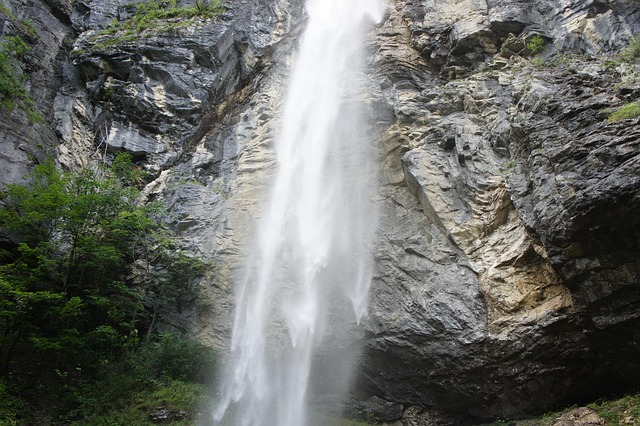
To effectively monitor your basement for winter leaks and ensure optimal maintenance, especially in cold weather, implement these practical tips. Start by inspecting all pipes in your basement for any signs of damage or corrosion. Consider using pipe insulation to protect them from extreme temperature changes, which can cause them to burst. This simple step can prevent costly water damage during the colder months.
Additionally, seal any cracks or gaps around windows and doors to stop cold air from entering and warm air from escaping. Make sure your sump pump is in good working condition and tested regularly to handle potential flooding from snowmelt or ice buildup. Regular maintenance of these areas can significantly reduce the risk of basement leaks during winter.

